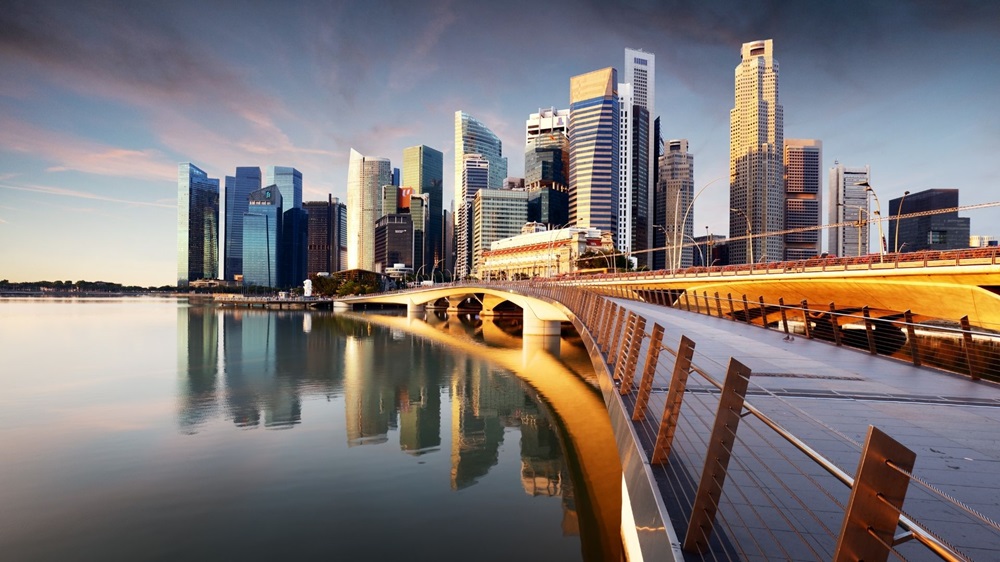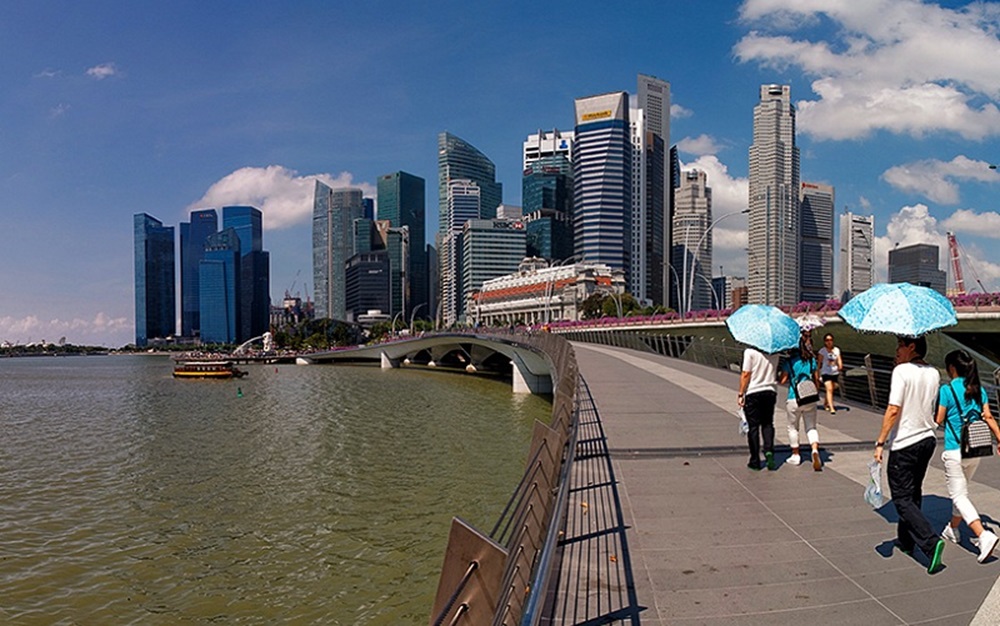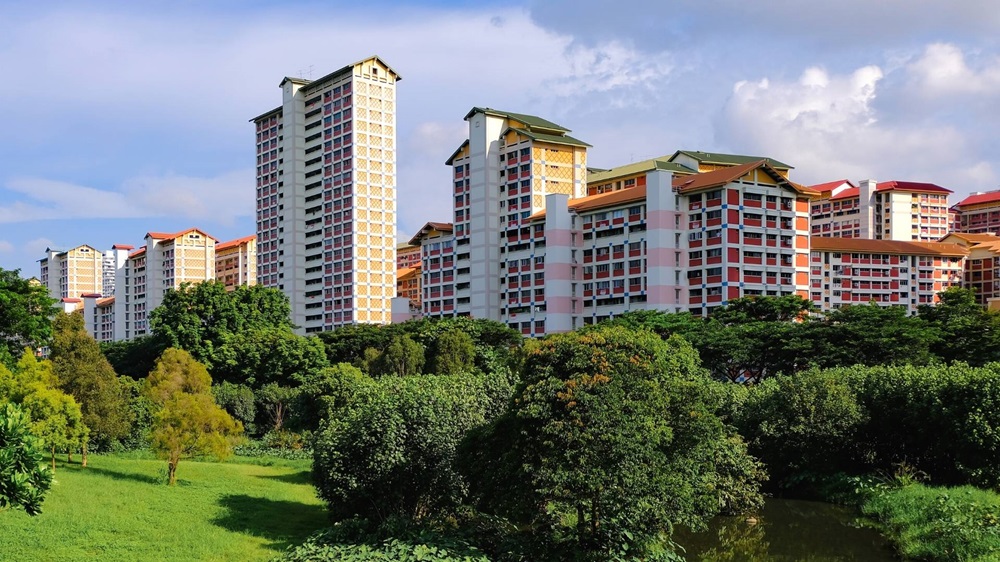
Singapore has been ranked one of the most expensive city in the world, by the Economist Intelligence Unit (EIU) in its annual Worldwide Cost of Living (WCOL) survey.
The Economist Intelligence Unit’s (EIU) Worldwide Cost of Living (WCOL) survey is designed to help human resource managers and finance managers around the world calculate cost of living allowances and build compensation packages for expatriates and business travellers. Hence, it may not reflect the cost of living for Singaporeans.
First, the WCOL survey’s consumption basket does not reflect what Singaporeans usually consume.
The WCOL survey looks at the prices of a common set of products and services in the various cities to allow for city-to-city comparisons. As such, its consumption basket may not reflect what Singaporeans usually consume and is therefore not a good gauge of cost of living for Singaporean households. For instance, its consumption basket includes products such as brand name raincoats and foreign daily newspapers – these are typically not purchased by Singaporean households. A more representative indicator of cost of living in Singapore is the Consumer Price Index (CPI), which measures the average change in the prices of a basket of goods and services commonly purchased by Singaporean households. More information on the CPI can be found in the Singapore Department of Statistics’ website here.
Second, the rankings are sensitive to currency fluctuations.
The WCOL survey converts the prices of goods and services in the cities surveyed to US dollars to facilitate comparisons across cities. Singapore’s strong exchange rate thus contributed to its higher ranking compared to other cities with weaker exchange rates. However, a stronger currency does not raise the cost of living of Singaporeans who earn their income in Singapore dollars. On the contrary, a stronger Singapore dollar helps to dampen imported inflation in Singapore by lowering the prices of our imports (in Singapore dollars) and subsequently, consumer prices.
Are prices in Singapore going up?
The concerns with rising cost of living are not unique to Singapore. Around the world, food and energy prices have gone up, which have in turn raised prices of many goods and services. However, inflation in Singapore has peaked and is on a broad moderating path, easing from 6.6% year-on-year in January 2023 to 4.7% year-on-year in October. Nonetheless, upside risks to domestic inflation remain, including from fresh shocks to global energy and good commodity prices. The Government is monitoring inflationary pressures and have taken several measures to help households cope with rising cost of living concerns.

How is the Government helping Singaporeans to manage rising costs?
1. Manage domestic supply-side constraints. This includes managing the supply of industrial and commercial space, to help moderate business cost increases and reduce the knock-on impact on consumer prices.
2. Promote competition in markets so that Singaporeans can enjoy competitive prices. This includes lowering barriers to entry, where possible. It also entails diversifying the sources of supply, including for food, to prevent sharp price increases in the event of disruptions.
3. Tightening of monetary policy centres on trade-weighted exchange rate (the Singapore dollar nominal effective exchange rate or S$NEER). Since October 2021, the Monetary Authority of Singapore (MAS) has tightened monetary policy five times to curb imported inflation and temper domestic cost pressures, to ensure price stability over the medium term.
4. Provide targeted assistance, particularly for the lower- to middle-income households
The Government recognises Singaporeans’ cost of living concerns and is doing more to support Singaporeans and cushion the impact of rising prices. At Budget 2023, the Assurance Package was enhanced from $6.6 billion to $9.6 billion. In September 2023, the Government announced an additional $1.1 billion COL support package to provide more relief to Singaporeans households, with more support for lower- to middle-income families. The package included a $800 million enhancement to the Assurance Package, bringing it to over $10 billion. Combined, the support provided this year will, on average:
- Fully cover the increases in spending by lower-income households this year due to inflation and the GST rate increase; and
- Substantially cover the increases in spending by middle-income households.
The Government recognises Singaporeans’ cost of living concerns and will continue to monitor the situation closely and support Singaporeans through these challenging times.
We use cookies to tailor your browsing experience. By continuing to use Gov.sg, you accept our use of cookies. To decline cookies at any time, you may adjust your browser settings. Find out more about your cookie preferences here .
















